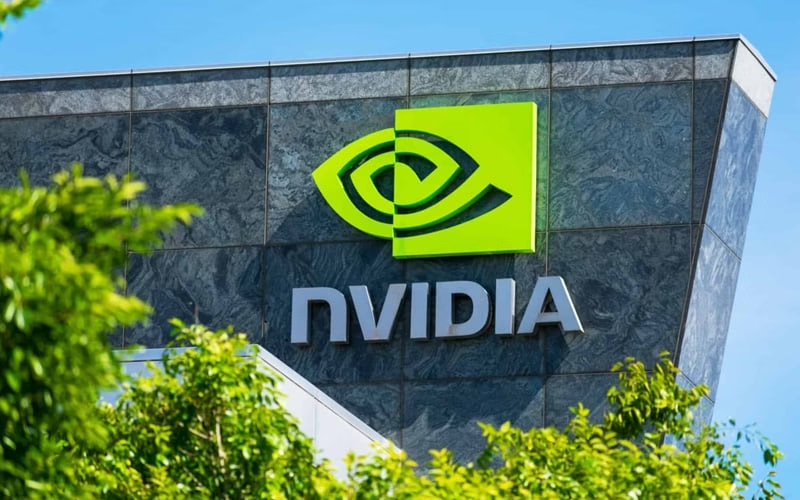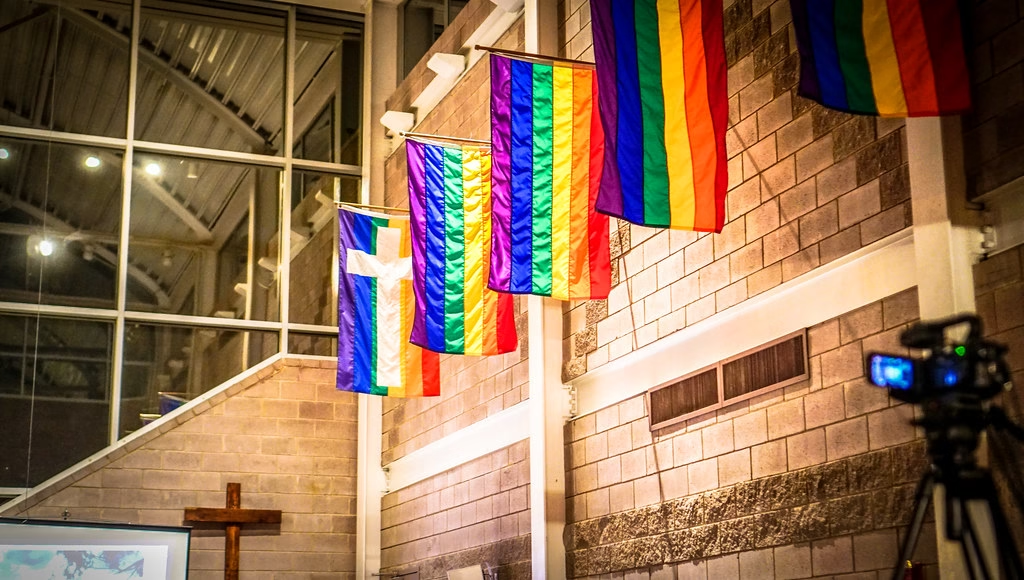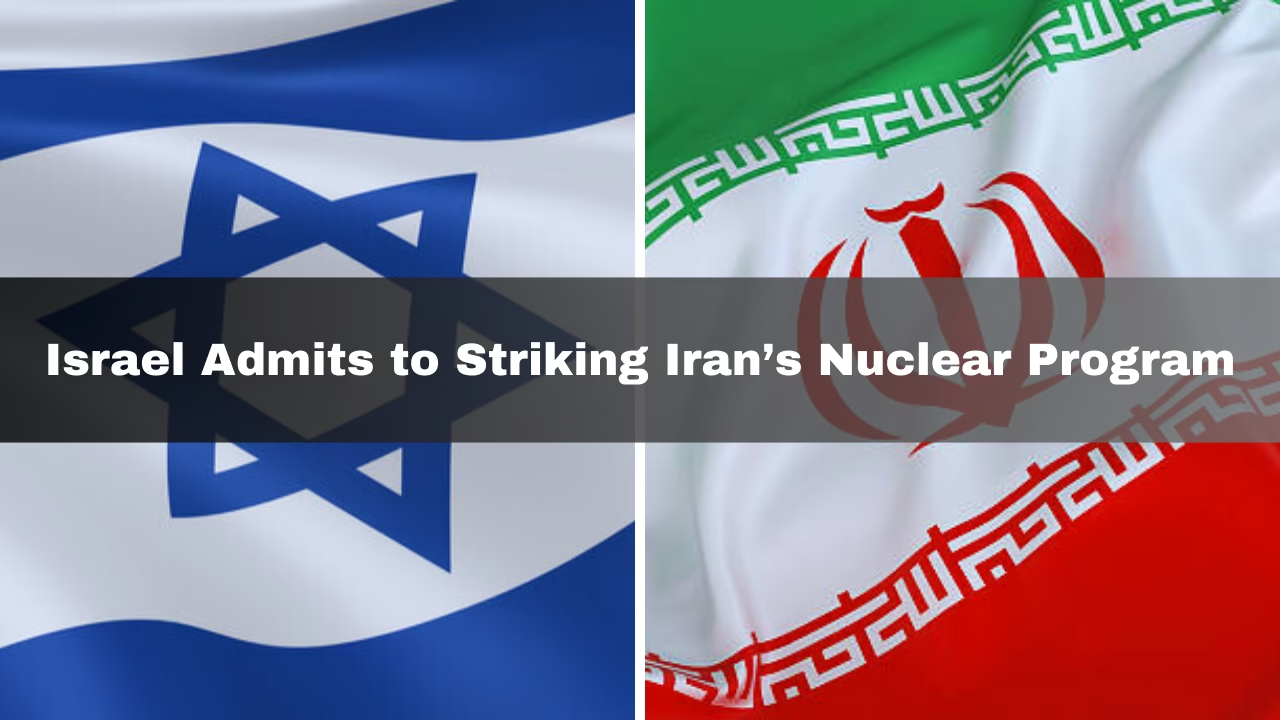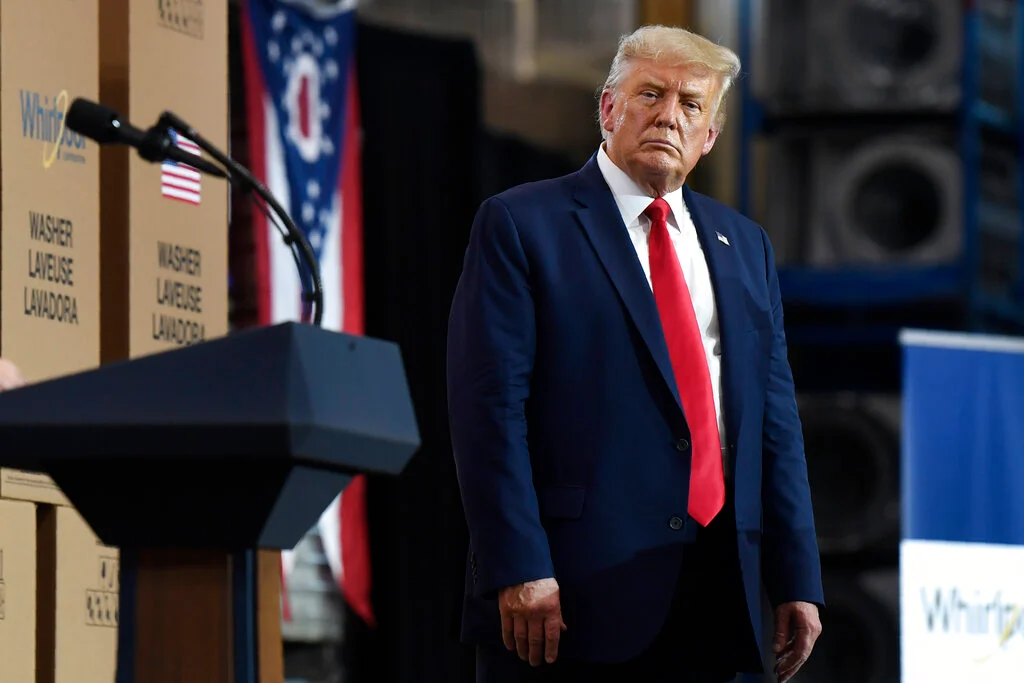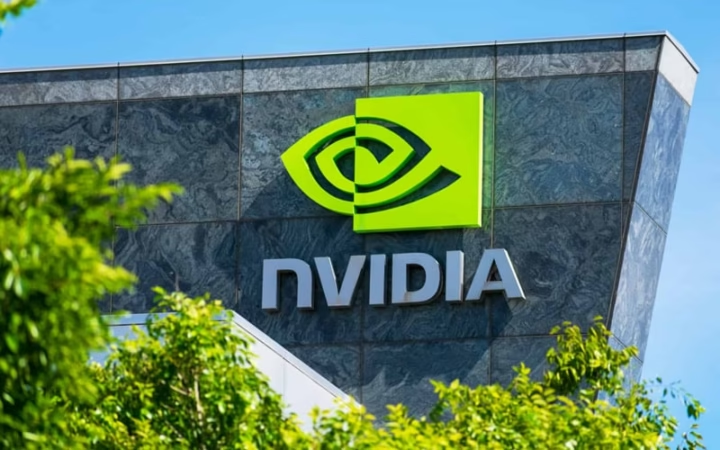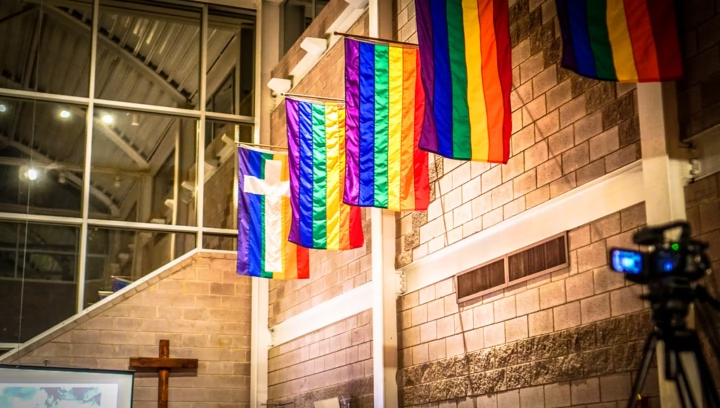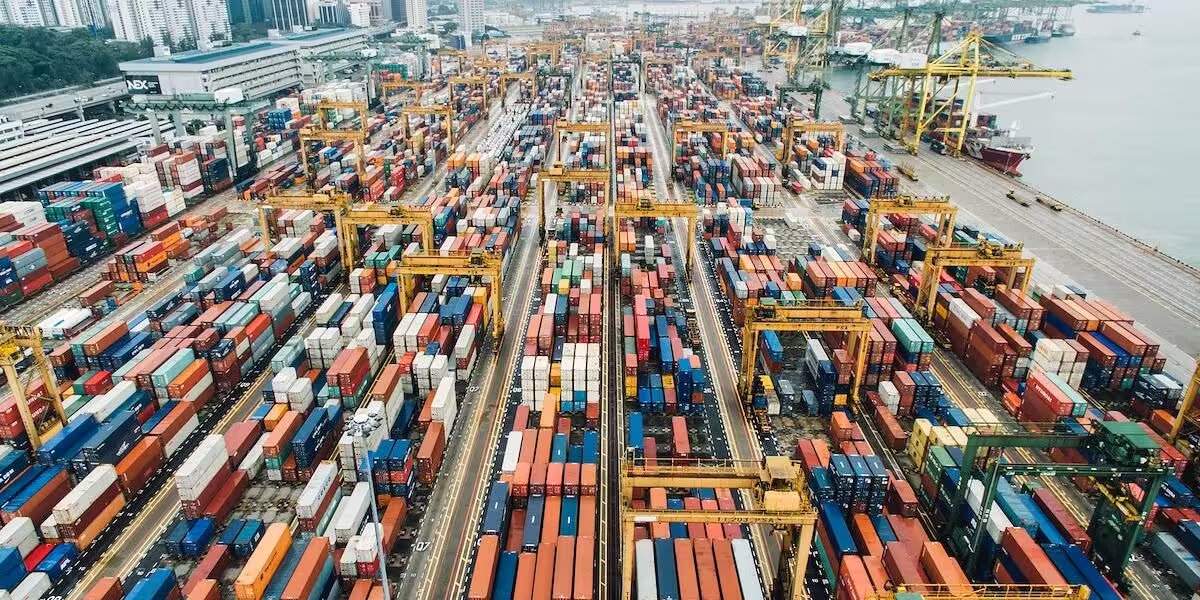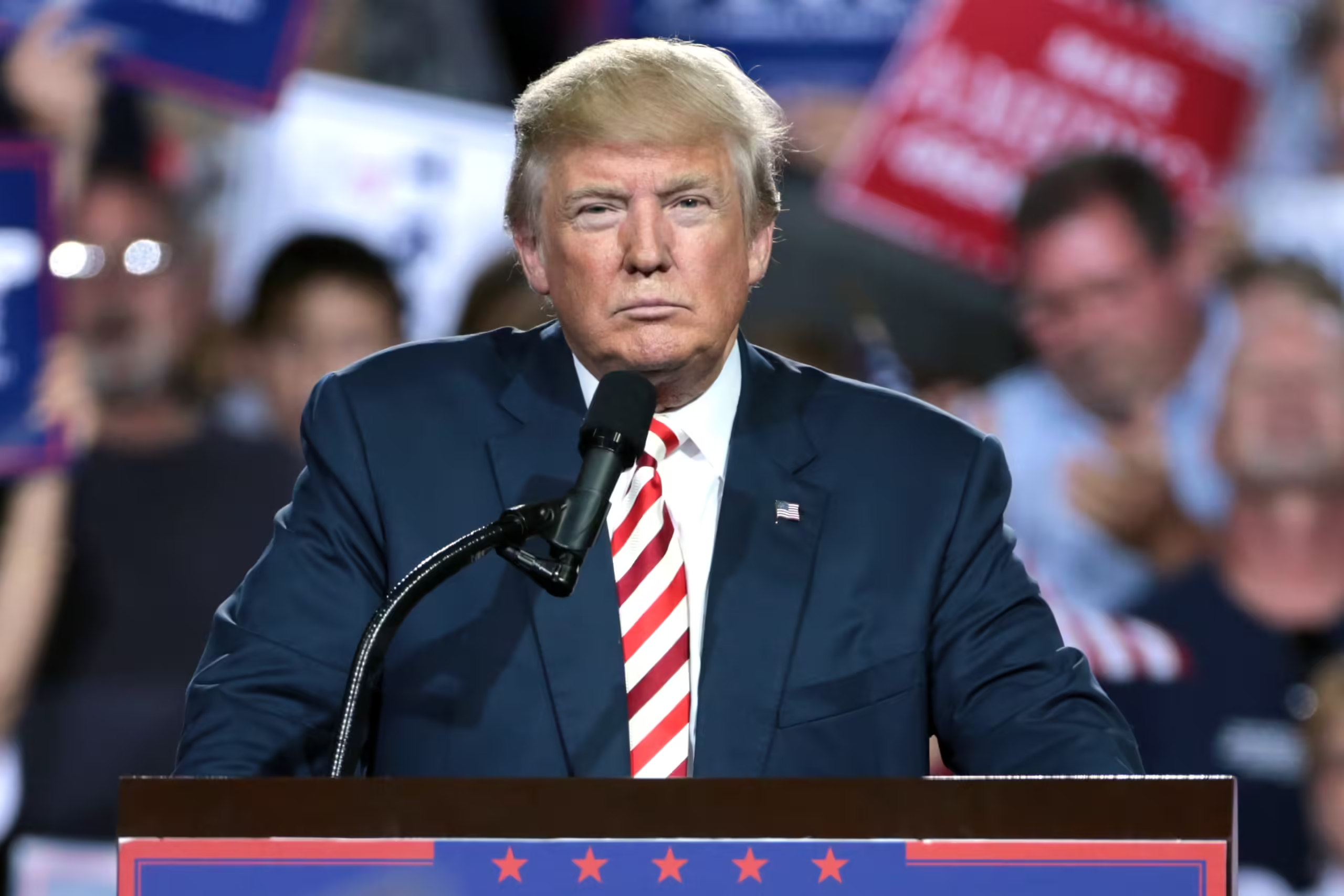Israel Admits to Striking Iran’s Nuclear Program
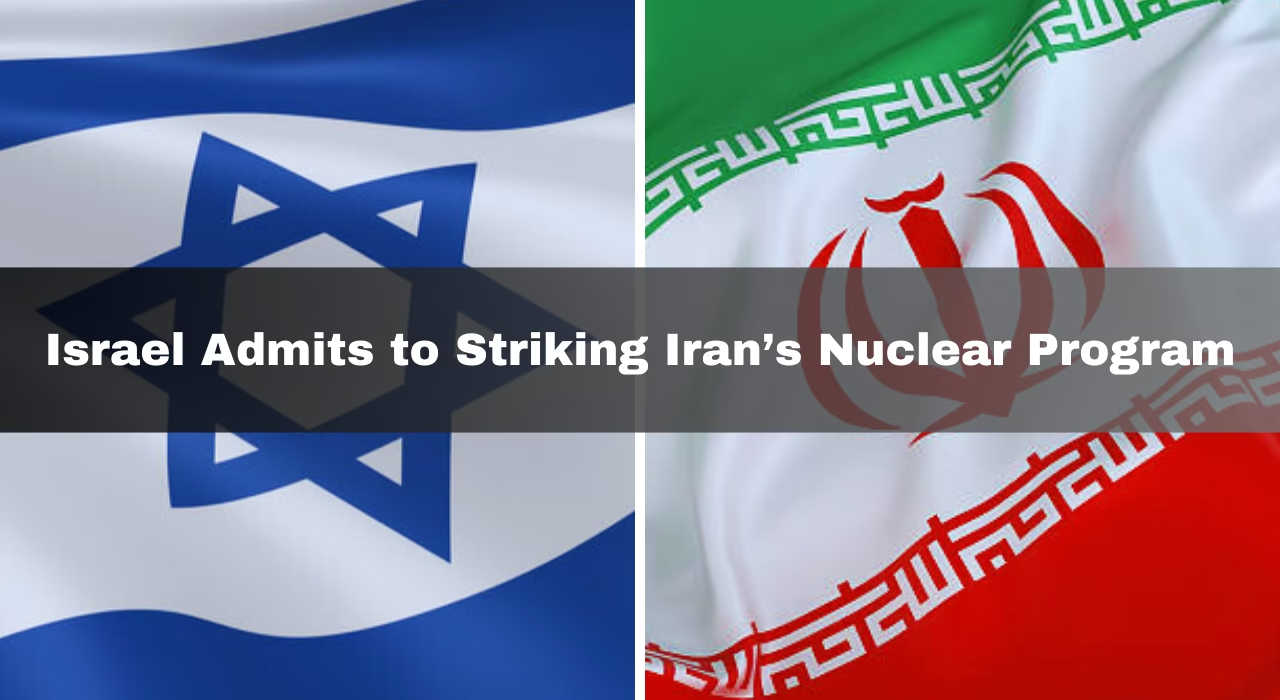
Israel Admits to Striking Iran’s Nuclear Program
Israeli Prime Minister Benjamin Netanyahu has acknowledged that Israel has attacked Iran’s nuclear program in a major and uncommon disclosure. According to a Washington Post story, Netanyahu said in a speech on Monday, November 18, that these attacks directly targeted Tehran’s nuclear development operations and interfered with its ability to produce missiles.
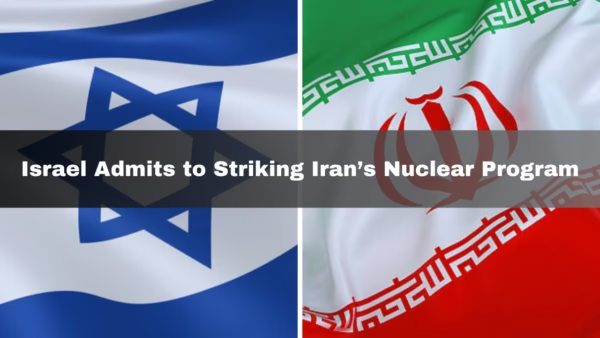
The escalating tensions between Israel and Iran, which have intensified over the previous year, have reached a turning point with this public acknowledgement.
More:
- Donald Trump Unveils Bold New Tax Plan to Boost American Manufacturing(2024)
- October 26: Historical Events
- Elections and Political Shifts Worldwide: How 2024 is Reshaping Global Political Landscapes
- The Life and Legacy of Donald Trump: A Detailed Biography
Netanyahu’s Declaration and Goals
Israel sees Iran’s nuclear aspirations as a direct danger to its security, and Netanyahu stressed that this was the main objective of the strikes. “The attacks on Iran’s missile and nuclear facilities were crucial for Israel’s safety and regional stability,” Netanyahu said.
He also said that Tehran’s capacity to manufacture cutting-edge weapons has been severely hampered by the attacks. Netanyahu asserted, “This was not a secret,” in response to rumors of the activities that had been the focus of in-depth investigations in Western media.
Israel-Iran tensions are rising
The admission coincides with increased hostility between the two countries, which have escalated over the previous 12 months. There have been other clashes since April, including Iran’s October raid on Israeli land, which was the second in as many months.
Israel retaliated by attacking Iranian military installations, displaying a tit-for-tat dynamic that has caused concern among nations.
Western Media Reports on the Strikes
Western media sources have released investigative reports indicating that Israel was responsible for a number of clandestine operations against Iran’s nuclear facilities prior to Netanyahu’s speech. According to these accounts, Iran’s nuclear enrichment efforts were momentarily disrupted by smart strikes on critical sites.
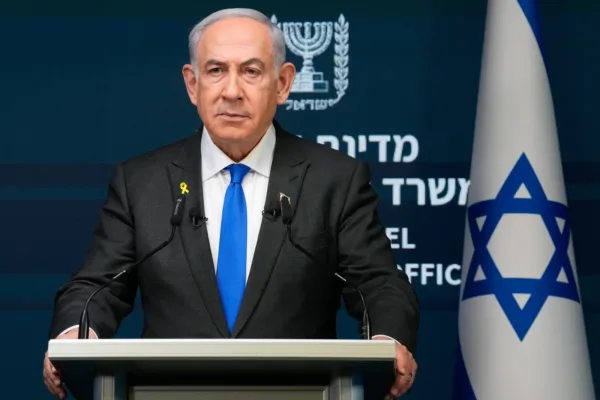
Netanyahu’s admission coincides with heightened regional scrutiny as experts make predictions about the wider ramifications of Israel’s actions for the stability of the Middle East.
Background: Israel’s Stance on Iran’s Nuclear Program
Israel, which views Iran’s nuclear aspirations as an existential danger, has long been outspoken in its opposition to them. Iran, on the other hand, maintains that its nuclear program is meant for benign uses like medical research and energy generation.
For years, the two nations have been engaged in a shadow war that includes sabotage, hacking, and even killings of Iranian nuclear experts. The most recent attacks are a component of a larger Israeli campaign to stop Iran from developing nuclear weapons.
Iran’s responses
Although Tehran has not yet formally addressed Netanyahu’s comments, Iranian authorities have charged Israel with trying to cause instability in the area. Iranian military leaders hinted to potential future escalation in October when they threatened “severe consequences” if Israeli assault persisted.
The strikes have also been emphasized by Iranian official media, which have framed them as transgressions of international law. Tehran insists that in spite of outside pressure, it would keep moving forward with its nuclear program.
Global and Regional Consequences
International watchers are worried about the possibility of a wider confrontation in the Middle East as a result of the discovery.
Impact on Israel-United States relations
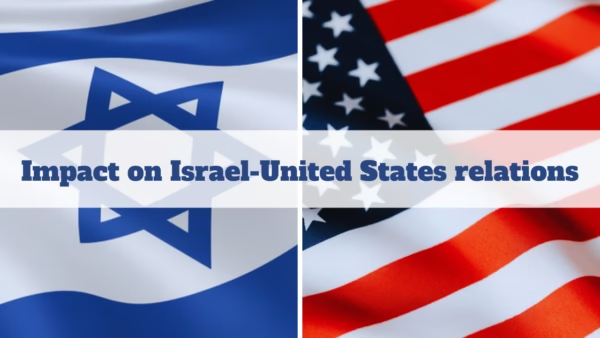
Israel’s primary ally, the United States, has taken a cautious approach to the strikes. Washington has voiced alarm about acts that can spark a wider conflict even while it supports Israel’s right to self-defense.
The revelation by Israel hampers diplomatic efforts in the context of ongoing discussions to restore the Iran nuclear accord (JCPOA). In future negotiations, Tehran is probably going to use the strikes as leverage to demand more concessions from Western nations.
The dynamics of regional power
Tensions between Israel and Iran as well as among their respective allies are likely to increase as a result of the strikes and their public recognition. The stability of the area may be further threatened by Iran’s connections to proxy organizations like Hamas and Hezbollah. On the other hand, a more robust anti-Iran alliance may result from Israel’s better ties with Gulf nations like Saudi Arabia and the United Arab Emirates.
The Wider View
A change in approach is indicated by Israel’s open admittance. The nation has historically maintained an ambiguity policy by not commenting on military actions against Iran. Netanyahu’s move to go public may be part of a larger attempt to defend Israel’s conduct internationally and send a clear message to Tehran.
On the other hand, it highlights the precarious power dynamics in the Middle East, where little disputes might spark major wars. The necessity for diplomatic action has increased as the world community carefully monitors the situation.
Final Thought
A watershed in the tense relationship between the two countries has been reached with Israel’s recognition of its attacks on Iran’s nuclear program. Netanyahu presents the strikes as essential for maintaining national security, but they run the risk of making an already unstable area even more unstable.
In order to avert escalation and balance the conflicting interests of regional countries, the international community must now confront these developments. The world observes Israel and Iran’s ongoing high-stakes conflict, unsure of what the future holds for Middle Eastern peace and security.
You also may like: newstimzone.com/politics




